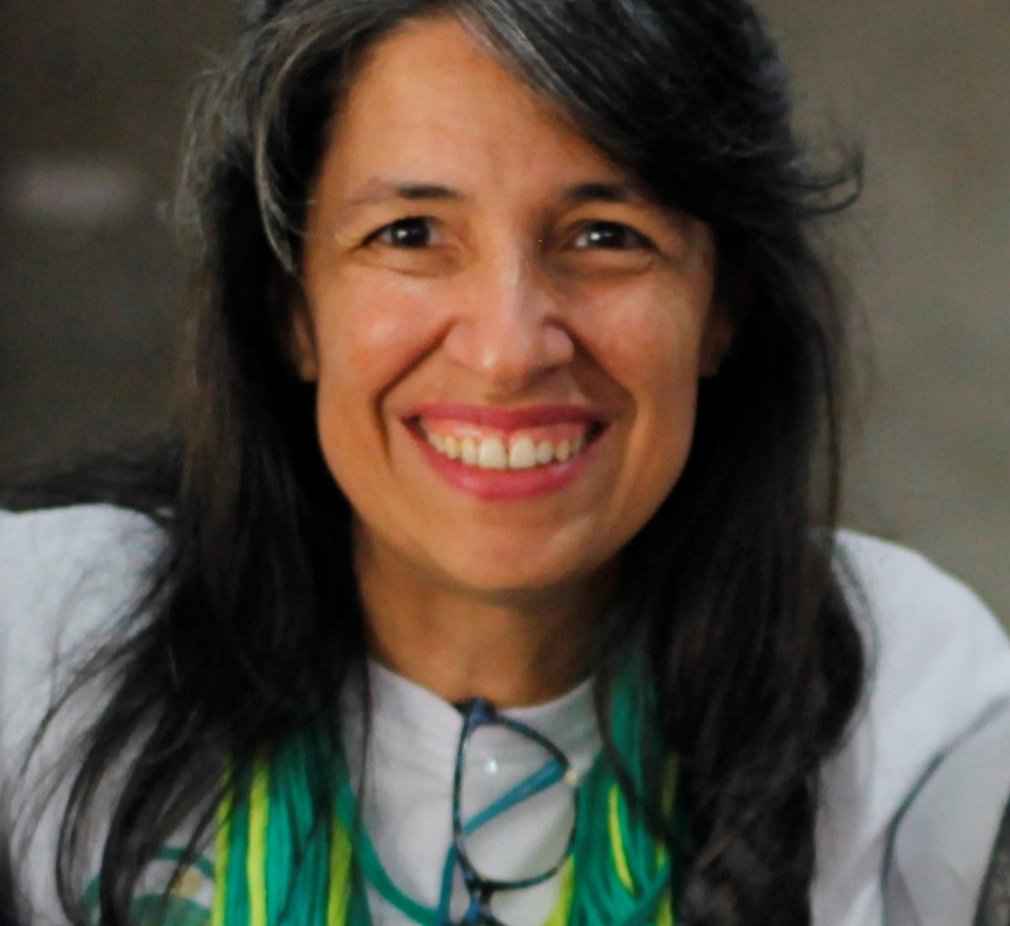Working Together in Neighborhoods for Regeneration
with Lara Freitas
This webinar took place on July 18th of 2018
Patterns of urbanisation coupled with the majority of the population now living in urban areas means that most of our challenges are concentrated in cities.
The solutions lie with the urban communities which, acting on the local scale, can promote transformation and regeneration. However, this path depends on our collective capacity to learn new skills, knowledge, and understand the territory to which they belong – their components and resources.
The interaction between people, places and ideas has the power to generate the redesign of cities and neighbourhoods. We will need multiple strategies based on a systemic vision to deal with this complex world. Improving local dialogue and action is a fundamental task in our time!
Through this webinar we will learn what it means to be in an eco-neighborhood. We will explore the main elements of planning and actions at the local scale and present some case studies that are emerging in Brazil and in the rest of the world.
Recording
Lara Freitas
Lara is passionate about working collectively for urban transformations and she has spent the past 15 years devoting herself to research and action with urban communities. She is a consultant and educator specialising in eco-neighborhood design processes. As an architect and urban planner (UNESP), she specialises in Urban Rehabilitation and Sustainable Environmental Architecture (UnB) and holds a Master’s degree in Urban Management (PUCPR) and permaculture. She performs integrated management of projects and multidisciplinary teams on studies, plans and integrated urban design, of socio-environmental nature. This year, the Ecobairro Permanent Program has been transformed into the Ecobairro Brazil Institute, which she is a co-founder of. She is also leading and facilitating, in the Municipalities in Transition Project – MiT, the pilot MiT Ecobairro in partnership with Regional Cityhall Vila Mariana and the CADES (environmental council), in São Paulo.


